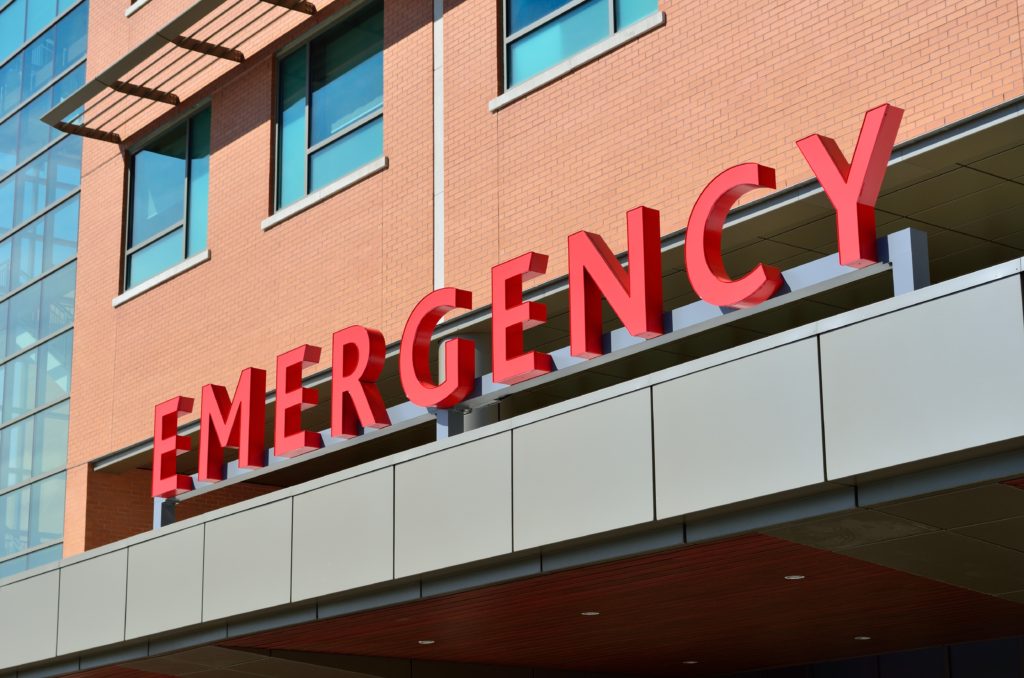Making sure that hospitals are running smoothly is one of the top concerns of healthcare professionals. If you happen to be in the position for making those kinds of decisions, there are a few things that have been proven to help hospitals run more smoothly and effectively. Regardless of where your hospital is located, it can benefit from trying a few of these things.
Use Financial Solutions
Hospitals are complex areas of business. You have to deal with paying your staff, managing the billing department, and keep track of the revenue from any gift shops or cafeteria areas that your hospital has. In order to keep the financial matters from bogging down the system, make sure that you have financial software that can handle all of these functions properly. This software, in addition to a fully staffed financial department, will help you function properly during normal situations and will keep you running smoothly during tax season and any audits.
Upgrade Old Solutions
If all of the business tools that are used in a hospital aren’t reliable, employees will have to deal with multiple issues when important patient information is processed. The big benefit is that most software tools that are designed for hospital staff gather new information automatically. However, depending on the age of certain applications, replacing old tools with newer solutions may be the best option if various functions and features continue to operate slowly. During these situations, working with a software consultation is a practical strategy because an expert can provide advice about suitable applications that can boost efficiency throughout specific medical tasks.
Train the Employees
This may seem like an obvious thing to do, but it is probably the most important. Every hospital has differences in operation, whether they are big differences or small. When your staff understands what they are expected to do and how to do it, they become more productive and assured in their work, which allows the hospital to run smoothly. Although new medical solutions can be used to optimize hospital projects, other procedures must be implemented in order to maintain a high level of efficiency after a building is equipped with these solutions. You may not be able to train them for every situation, but you can give them to the tools and knowledge they need to figure it out.
Rely on Management Software
A hospital manager has a lot of important tasks that influence how efficiency a hospital operates. Because simple issue can quickly develop into big problems, a strategic manager should always use dependable business management software. According to Shiftwise Vendor Management, a good management software will help you “ensure compliance, keep costs down, and improve business practices to keep your facility running smoothly.”
Pursue Preventative Maintenance
Because hospital tools are used frequently on a regular basis, make sure that your staff is performing proper preventative maintenance on all the specialized equipment. Each hospital will have its own set of guidelines for caring for equipment and logging problems, but make sure that your staff is fully aware and compliant with these standards. Knowing when a problem happens and fixing it immediately will save a lot of time and effort.
By using these strategies, the process of optimizing various hospital systems won’t be challenging. In order to maintain a high level of efficiency after everything is optimized, technical support and training for all employees will be needed.
